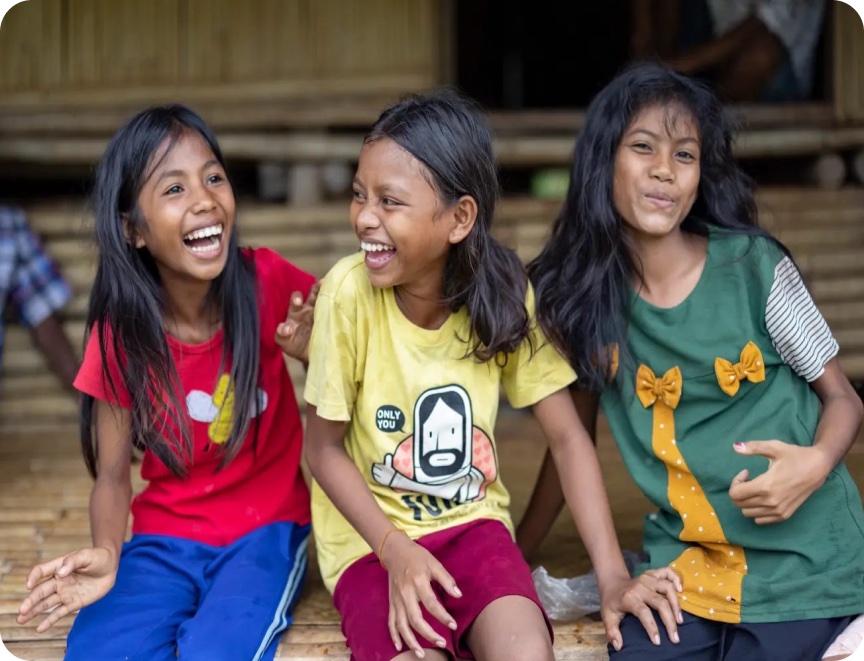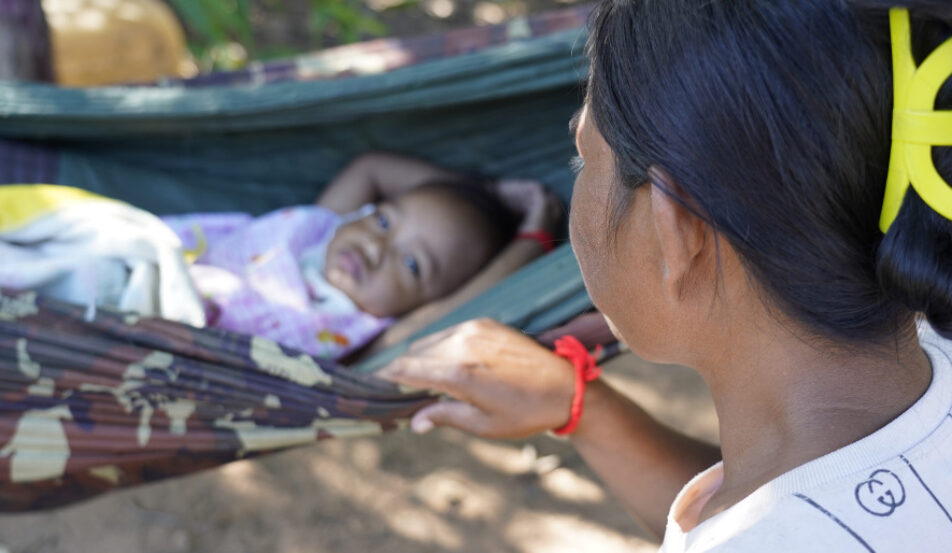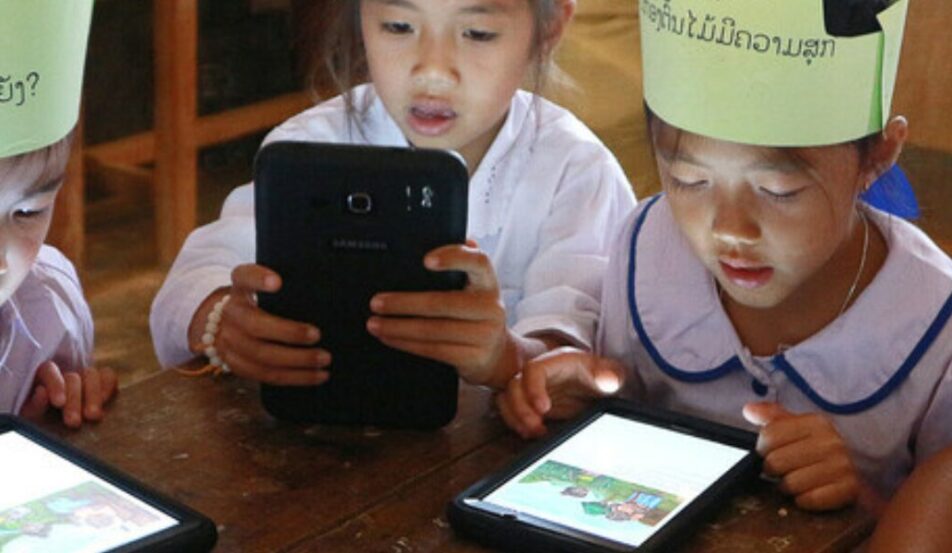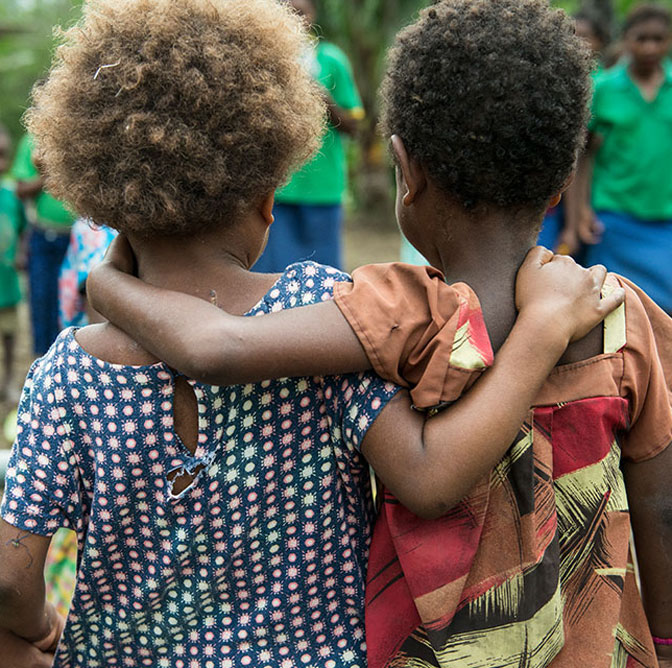A Champion for Change: Bich Finds Her Voice
At 15, Bich’s life in Tan Lac district, Hoa Binh Province, was shaped by isolation. With her mum working far away and her elderly grandparents unable to provide much support, Bich often felt alone. Without many people to turn to, she struggled to find the help she needed when things became tough. Her shyness kept her at arm’s length from others, making it even harder to speak up.
Then came a shift. Bich joined her school’s Core Children’s Program. This wasn’t just another school activity – it was a turning point. It was where Bich first learnt that her voice mattered. The program gave her the chance to not only learn about her rights but to act on them. For the first time, she wasn’t just absorbing facts; she was discovering how to stand up for herself and others in a space where she felt safe and supported.
The program, designed for young people facing extra challenges – whether growing up in remote communities, living with disability or coming from an ethnic minority – helped Bich and her classmates connect with their emotions, recognise their boundaries and take control of their own futures. It was here Bich realised leadership wasn’t something reserved for others; it was something she could own for herself.
Learning to lead
Bich didn’t transform overnight. At first, she was hesitant, unsure of how to speak up or whether her ideas would be taken seriously. “Before, I wasn’t confident because I was afraid my ideas were wrong and that others would laugh at me,” she recalls. But the more she learnt, the more she found herself pushing past the fear.
“I have a better sense of myself now and feel more comfortable sharing my concerns,” Bich says. “I also feel stronger; I know how to protect myself and have learnt ways of dealing with my emotions and navigating difficult situations.”
The Core Children’s Program isn’t just about textbooks and lessons; it’s about giving young people like Bich the space to develop their own voice, learn how to express themselves clearly and understand how to lead with empathy. As part of the program, Bich discovered how to manage emotions, communicate effectively and, perhaps most importantly, lead by example.
With new confidence, Bich began to take action. Alongside her classmates, she helped organise 12 workshops on child protection, rights and self-advocacy – not just for her friends, but for the wider community. It didn’t stop there. They organised school-wide events, took part in flag-raising ceremonies, and led discussions that helped identify and address issues like domestic violence, online grooming and discrimination.
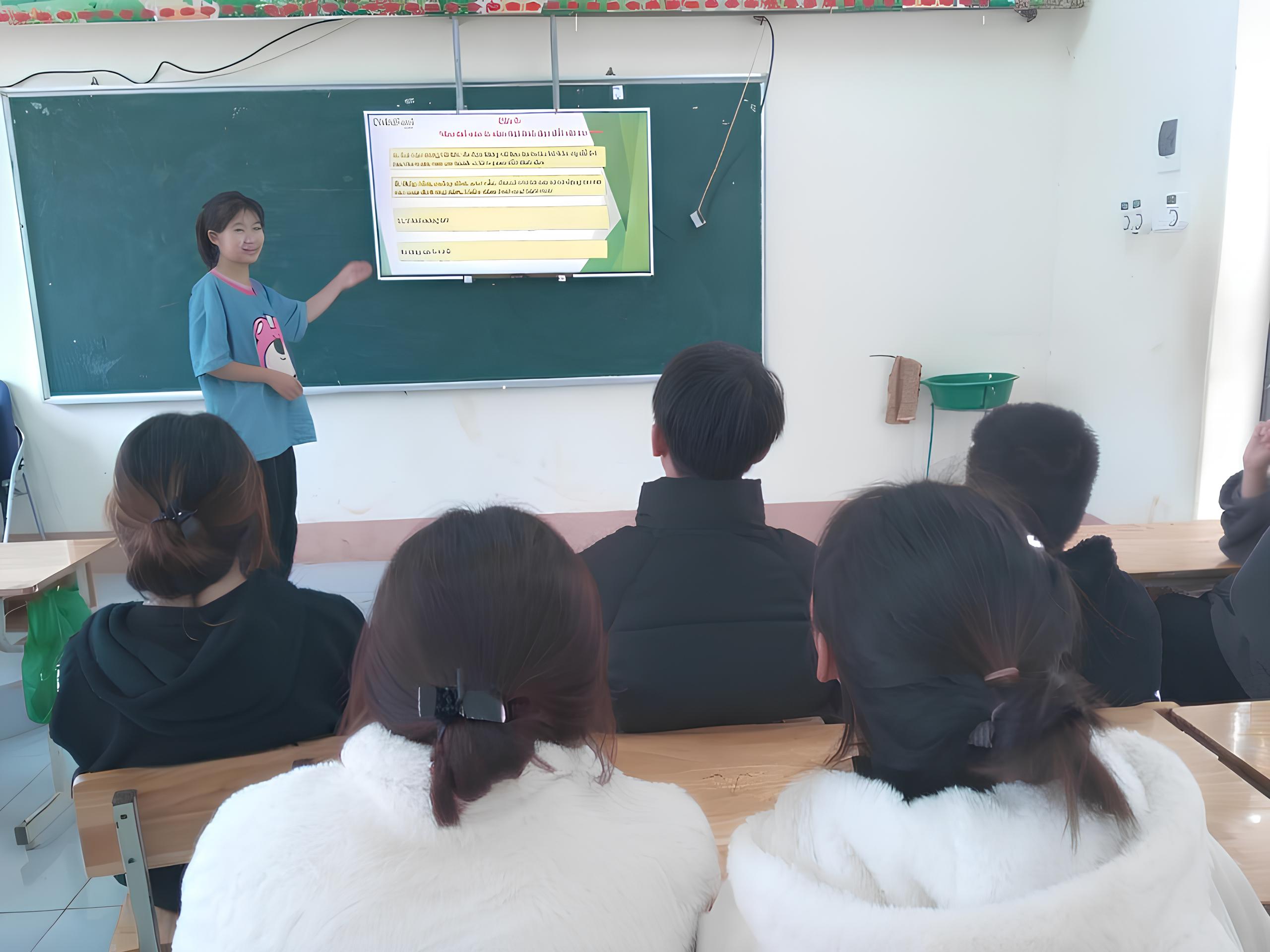
Bich’s mentor noticed a clear shift in her demeanour. “She didn’t wait to be told what to do,” says the school’s child protection teacher. “Bich regularly conducts sessions and has helped many students, including Lan*, who was initially disengaged. Thanks to Bich’s encouragement, she is much more positive and involved in school.”
Through Bich’s leadership, and the wider efforts of the Core Children’s Program, 98.7% of children aged 6-15 in Tan Lac district now know how to identify risks and report them. More than 90% of children in the district feel confident in their ability to protect themselves.
“I have a better sense of myself now and feel more comfortable sharing my concerns. I also feel stronger; I know how to protect myself and have learnt ways of dealing with my emotions and navigating difficult situations.” – Bich
Taking her voice further
Bich’s leadership didn’t stop at school. Her involvement in the Core Children’s Program gave her the platform to represent more than 226,000 children from Hoa Binh Province at the National Children’s Forum. There, she spoke directly to policymakers about the challenges facing children in her community and across Vietnam.
“It was an honour to be at the National Children’s Forum,” Bich says. “It was my chance to speak up, not just for myself, but for all the children who deserve to be heard.”
At the Forum, Bich didn’t just share her personal story. She spoke with authority, advocating for systemic change. She called for stronger child protection systems, better access to education and greater support for children in vulnerable situations. Her message was clear: young people have the right to lead, and they must be heard when decisions are made about their future.
Supporting the next generation of leaders
Bich’s journey is proof that leadership isn’t about waiting for permission – it’s about stepping up and making a difference. With the right opportunities, young people like Bich can become the leaders of tomorrow, driving change in their communities and beyond.
*Names have been changed to protect individuals’ identity.



















